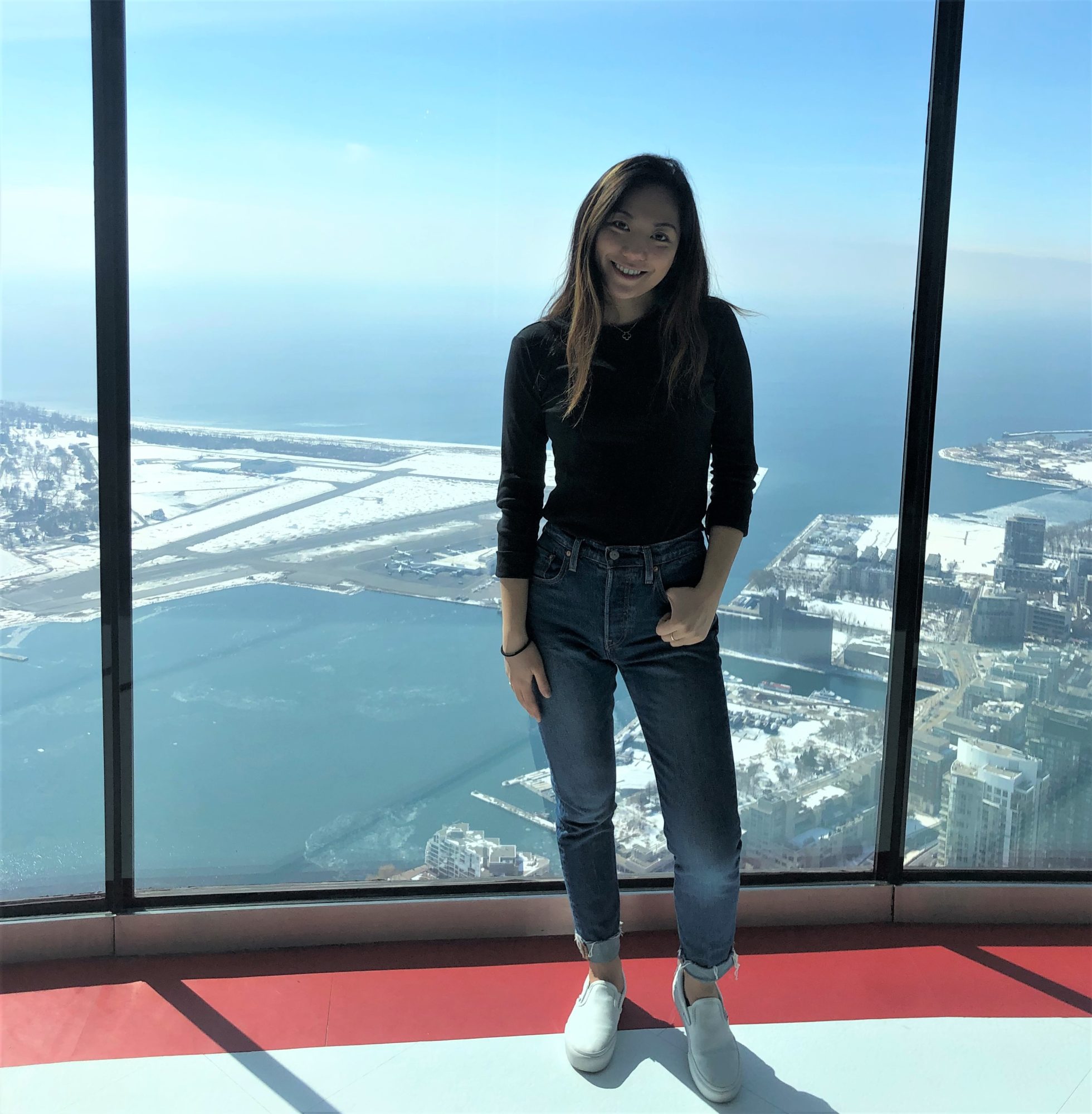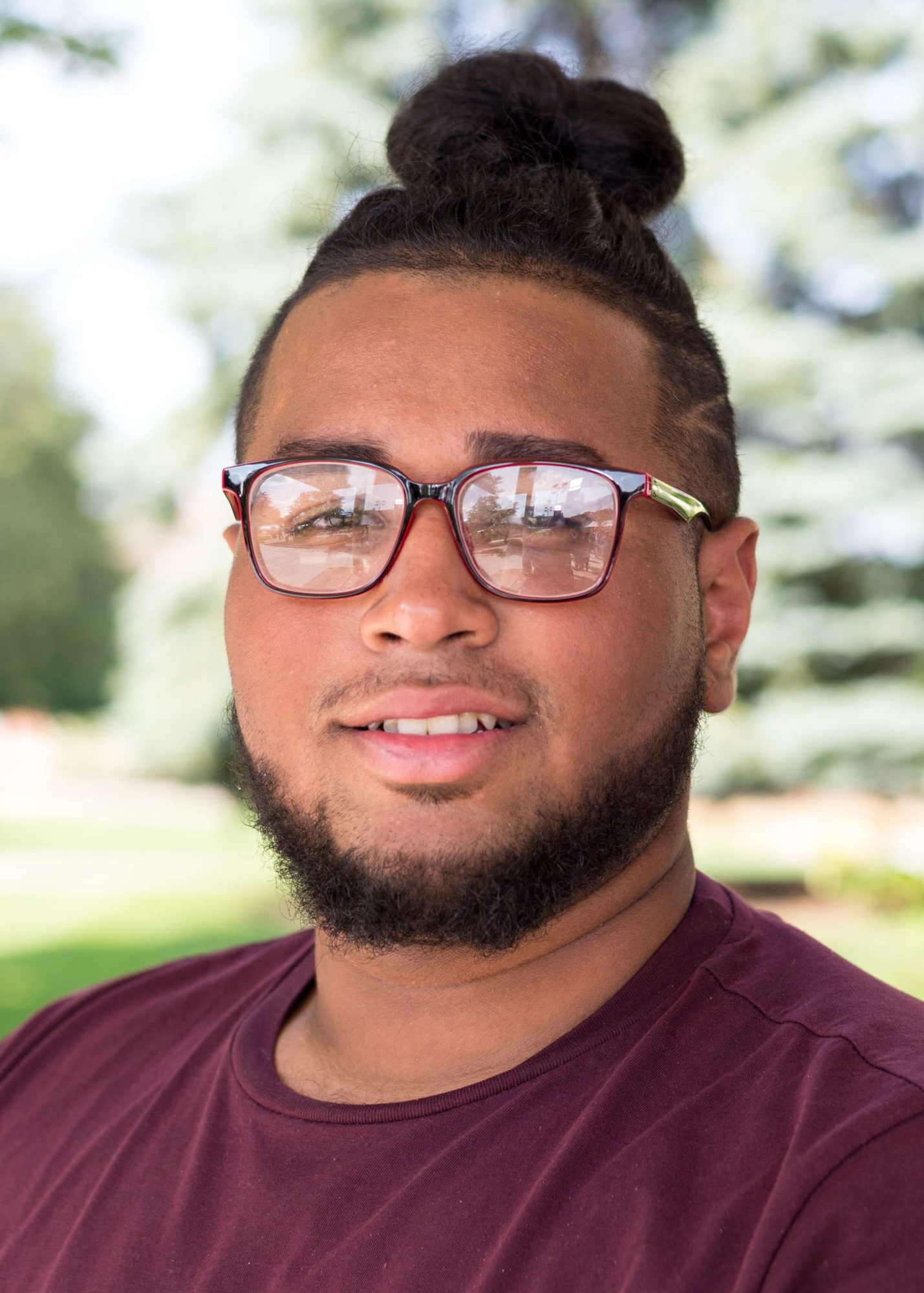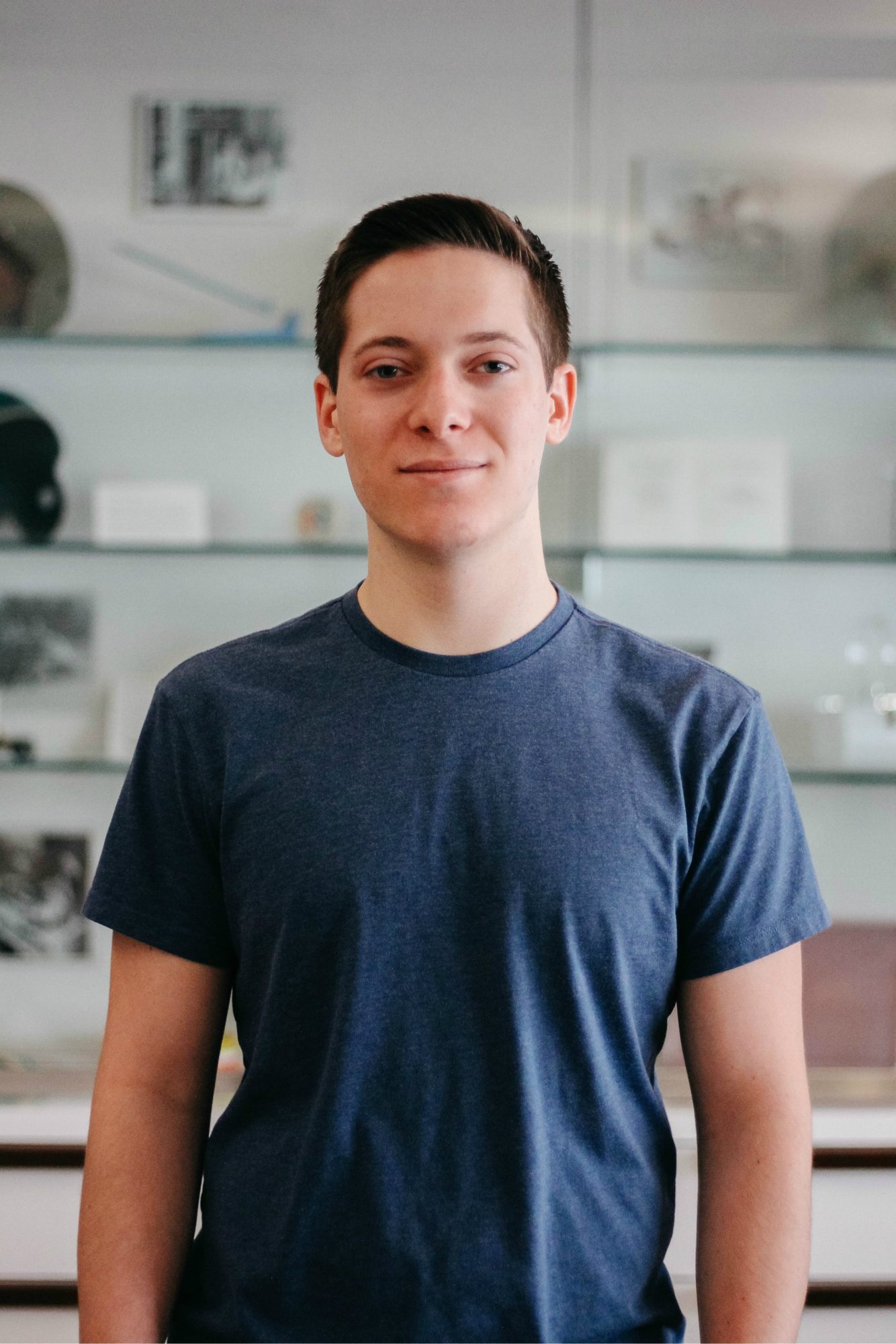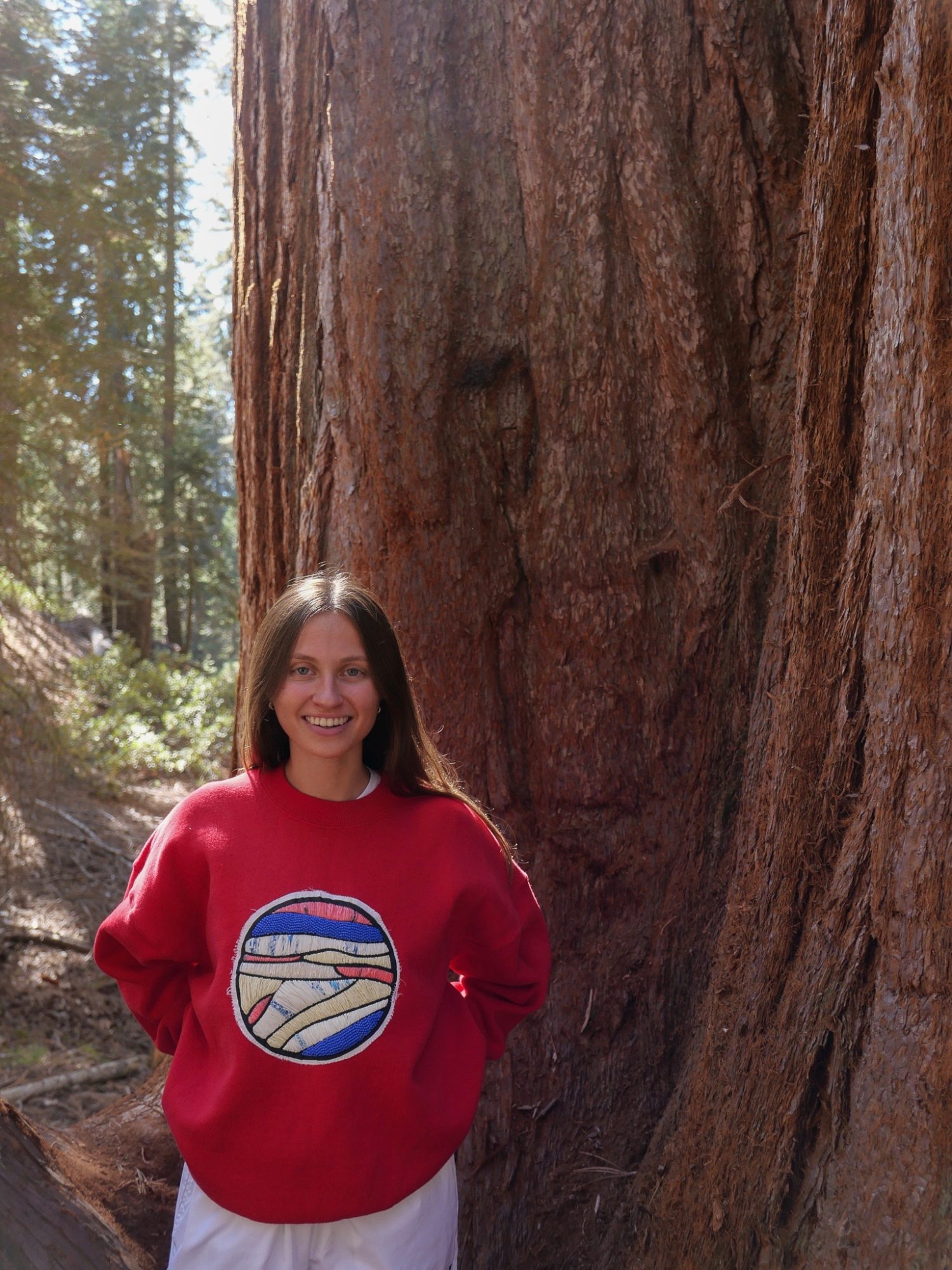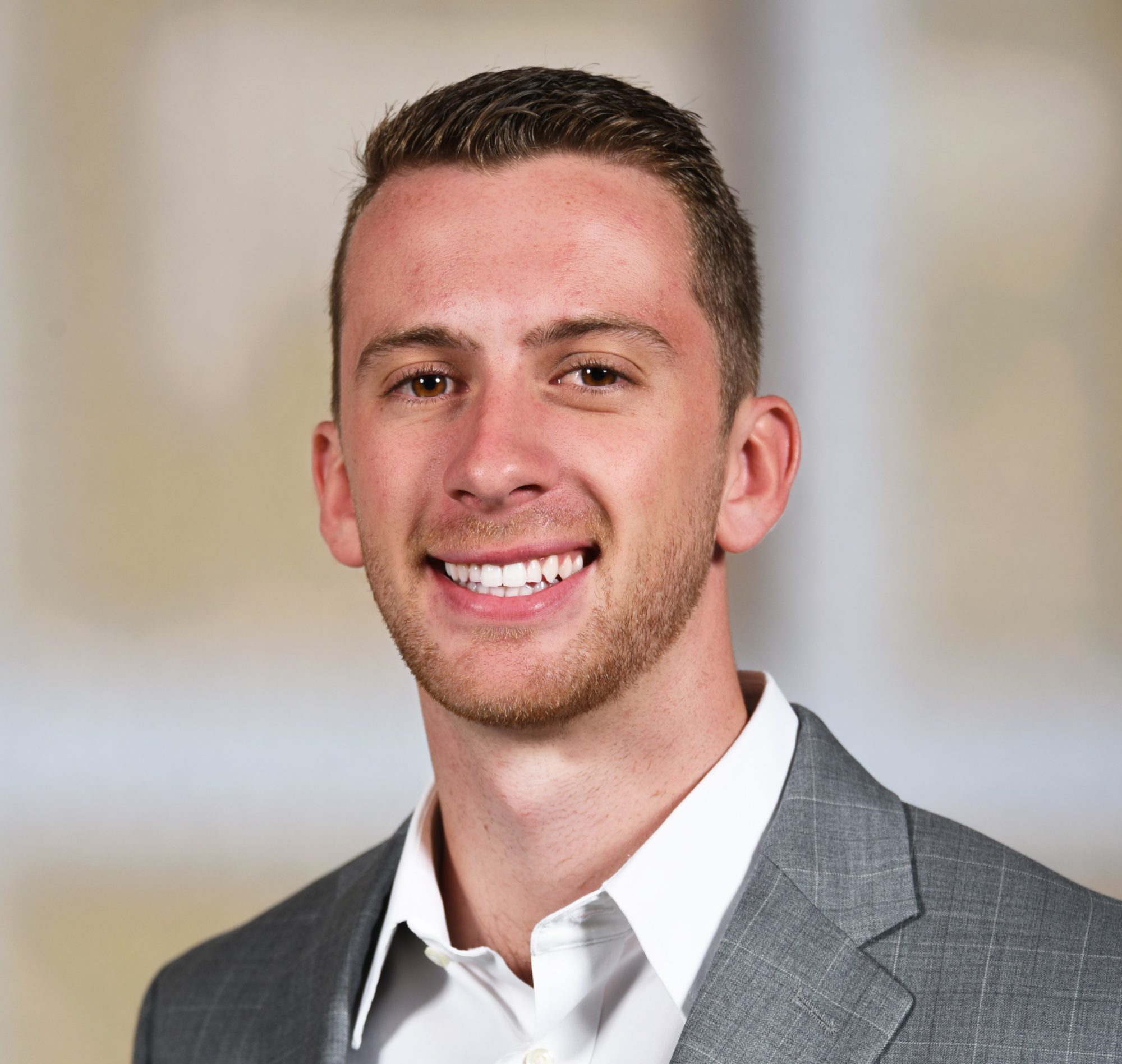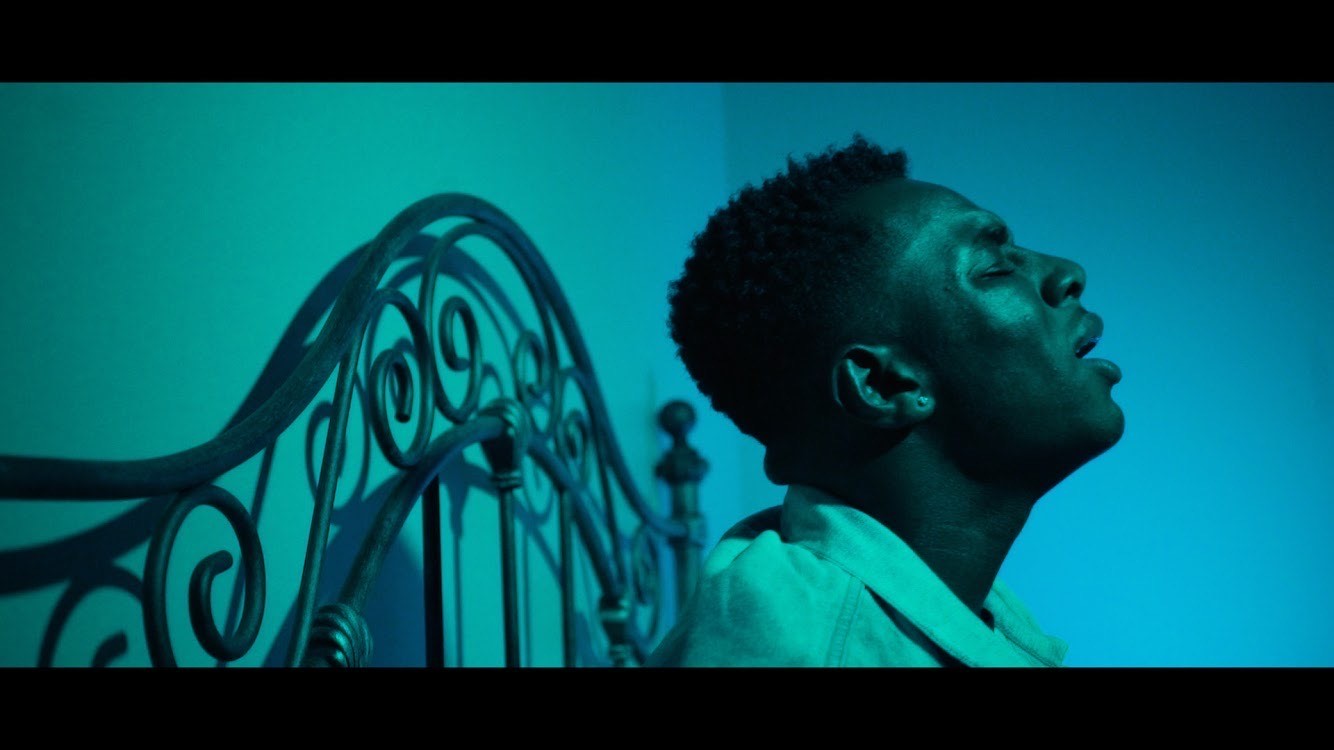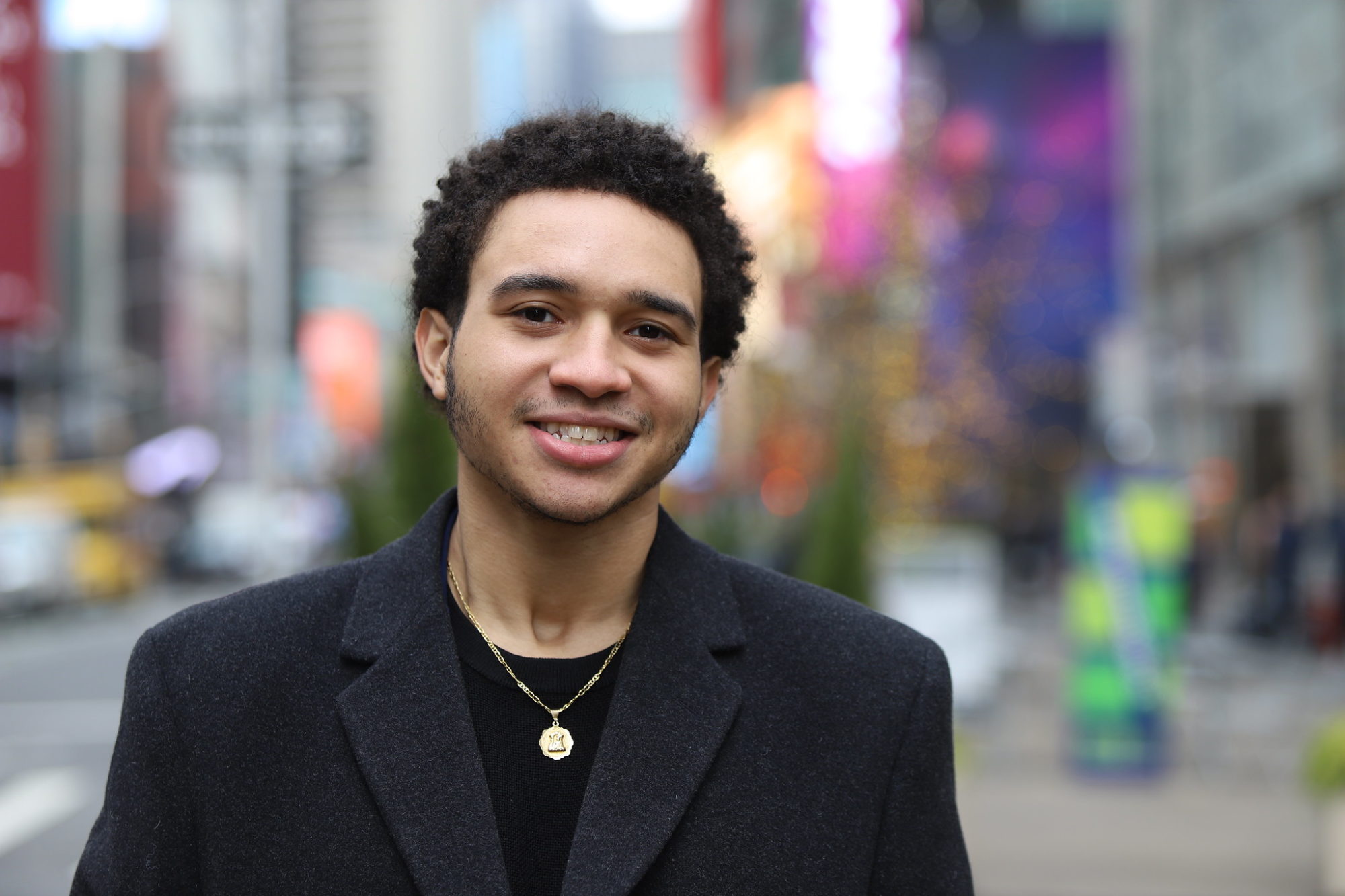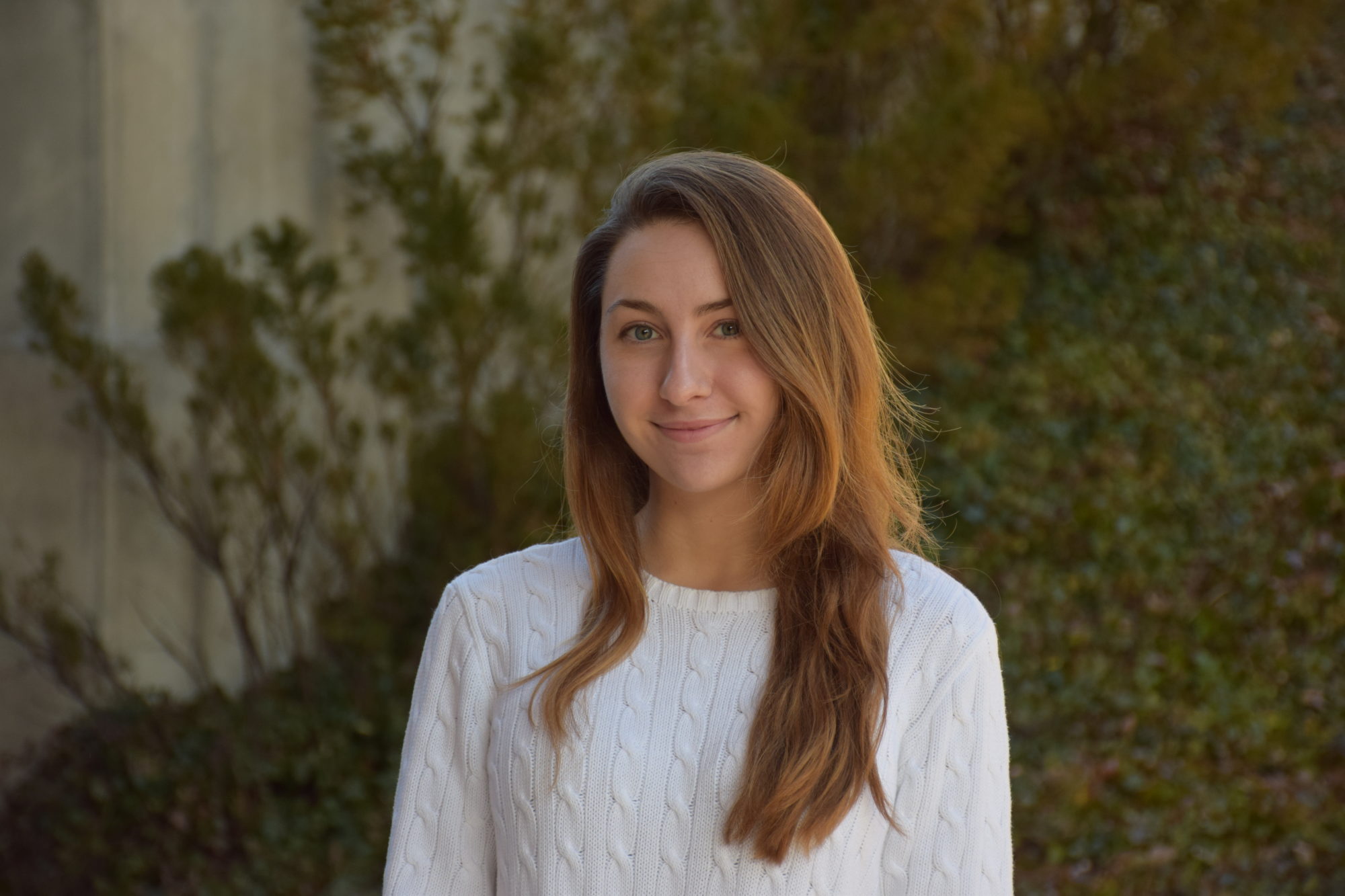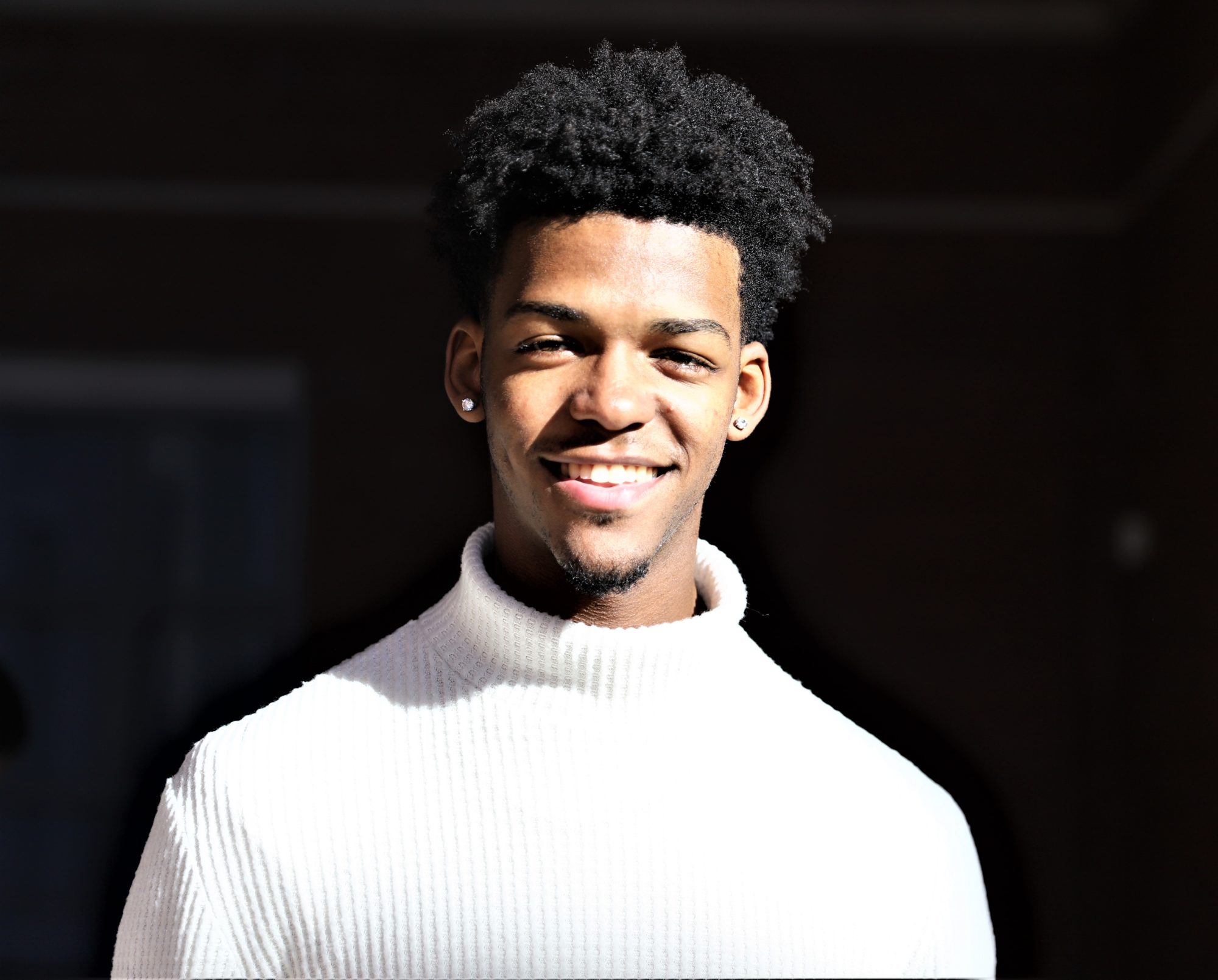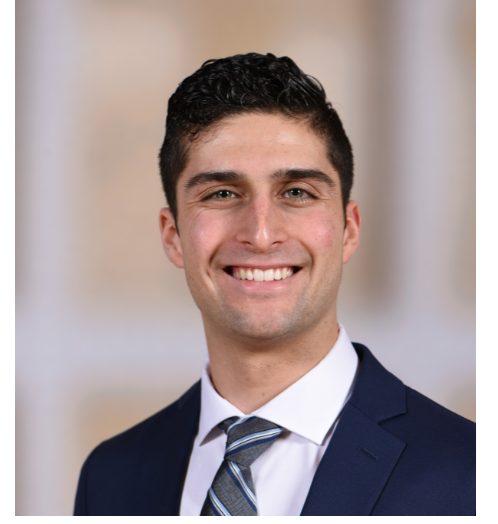
We’ve all had life drop misfortune and frustrations on our head. Every so often we wreck our cars, we break our phones, we lose our wallets, or we have our expensive things stolen. In these situations, it seems as if nothing is to be done but swallow our exasperation, deal with the taxing and financially draining consequences, and simply move one. After all, life happens.
But what if when life throws inevitable mishaps our way, we were prepared to handle them? What if when setbacks occurred, we could move forward without losing an immense amount of time, sanity, and money?
Ryan Taggart, a senior studying information management and technology at the School of Information Studies (iSchool), as a project for his major capstone, is creating a solution to the headache and hassle that occurs after valuable personal belongings have been stolen. His app, Itemize, allows users to enter their product information for expensive equipment such as laptops or cameras; so that they can easily and quickly share this information with the police if a theft occurs. The app also allows users to input their insurance coverage policy so that they can contact their insurance company as soon as they realize their belongings have been stolen. Itemize enables rapid response in both reporting a theft and attempting to uncover the crime and apprehend the perpetrator; because in detecting theft time is critical and each minute passed is a minute harder to find the perpetrator.
Taggart was inspired to create Itemize because he knows firsthand the complications and headache of being stolen from. Taggart, who is an avid videographer and photographer, had just finished filming a promotional for a gym when his car was broken into. His camera, lenses, computer, backpack, hard drives — all his expensive equipment that his business and source of income depended on — was gone. When he called the police, he realized he was not at all prepared to report the theft. In order to file an insurance claim and accurate police report he needed the serial numbers for each item stolen.
Yet Taggart had no idea of what his serial numbers were or any distinctive identification for his belongings. “It took days. I had to go through debit card statements from years back.” The enormous effort he was forced to go through to even file reports motivated him to create a service so others wouldn’t undergo the same difficulties.
Itemize is not the first project that Taggart has developed or his first entrepreneurial endeavor. Since a young age the wonder of creating something new and the relentless drive to succeed motivated him to turn his ideas into tangible projects. When he was younger he created a global Skiing Memes Facebook page and developed a team of admins from all over the world. “Just the little things like selling boy scout popcorn as young as ten years old and raising over a thousand dollars because I wanted to beat everyone in my troop [inspired me.]” His enthusiasm and willpower to work persistently on his ideas is apparent in his creation of Itemize and his personal history of entrepreneurship.
Yet Taggart believes that he couldn’t accomplish his goals without the invaluable help of team members. Collaborating with others overflowing with bright ideas is to him the best part of entrepreneurship.
For Itemize, he created a team pulled from the incredible talent Syracuse University has to offer. His teammates Jason Zhou, a junior in iSchool, and Zhen Xin Tan Ruan, a graduate studying for a computer science masters, are people he regards as invaluable to the creation of Itemize. Every week they held creative meetings and interviewed potential users: something Taggart is immensely appreciative of and misses now that the current pandemic necessitates social distancing. “If you want your dream to come to life, you need a dream team.”
He also is grateful for the help he received from the Blackstone LaunchPad powered by Techstars at Syracuse University and credits it with driving his success. “I wouldn’t have made it this far without the LaunchPad. Working in an environment where people around you are so smart- it’s electric.”
Taggert’s ability to take an unfortunate event that caused difficulties in his life and turn it into a service that helps others avoid the difficulties he underwent speaks to his vision and motivation for creating solutions to modern-day problems. When he first began to work on Itemize, he wasn’t a master coder or an expert on user needs. He had never made an app before. For him, the essential skill for entrepreneurship is passion. His indomitable dedication to tackle new projects, learn new skills, and discover new solutions speaks to his wholehearted passion and to the ideas each of us can produce if we, too, let passion drive our projects.
Story by Blackstone LaunchPad Global Media Fellow Claire Howard Photo supplied
